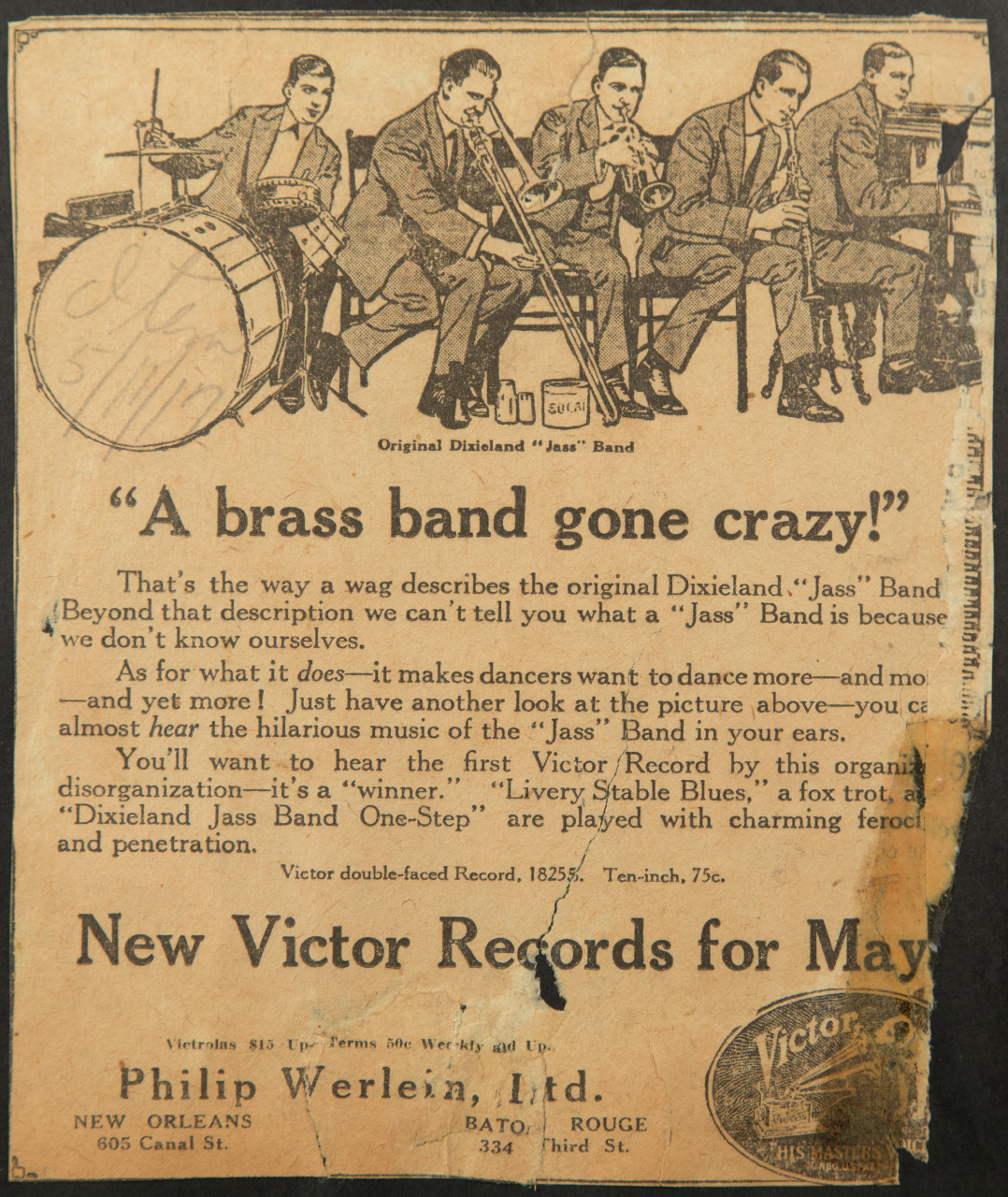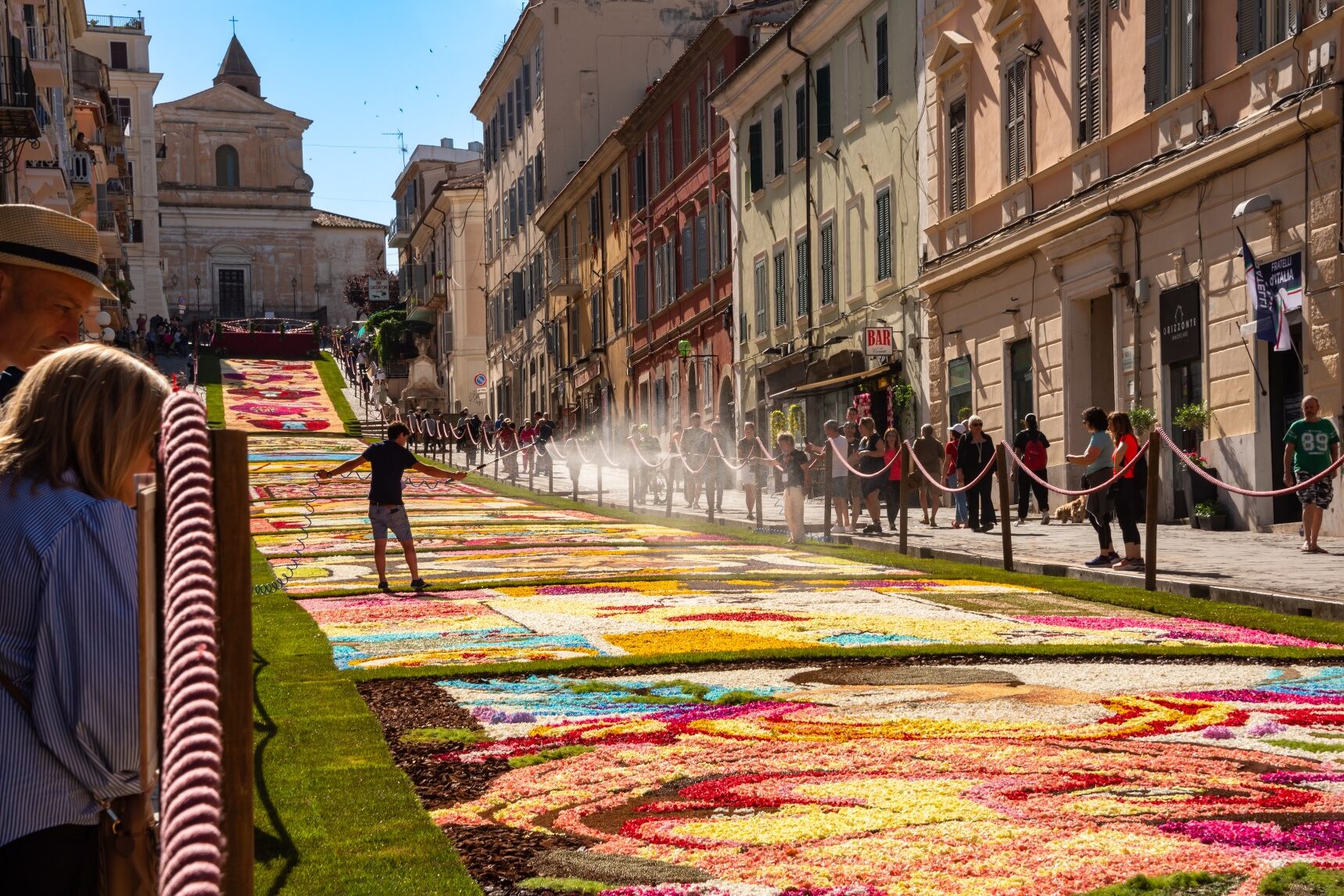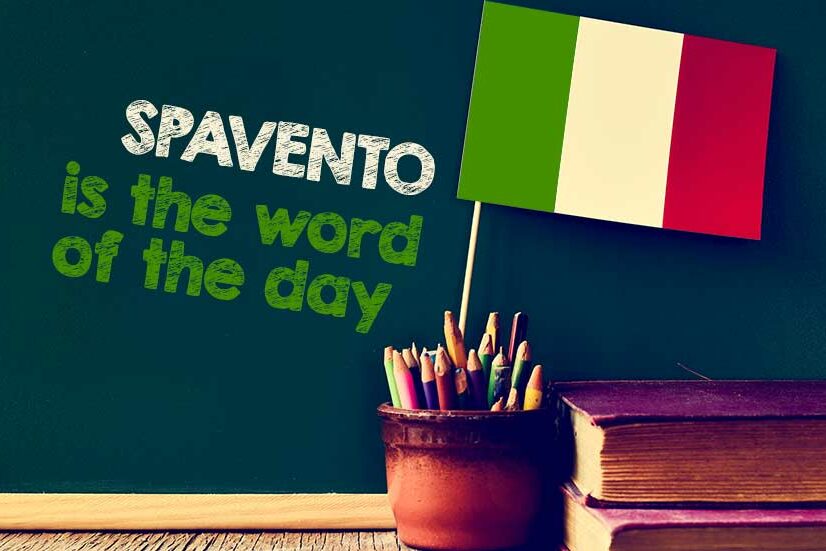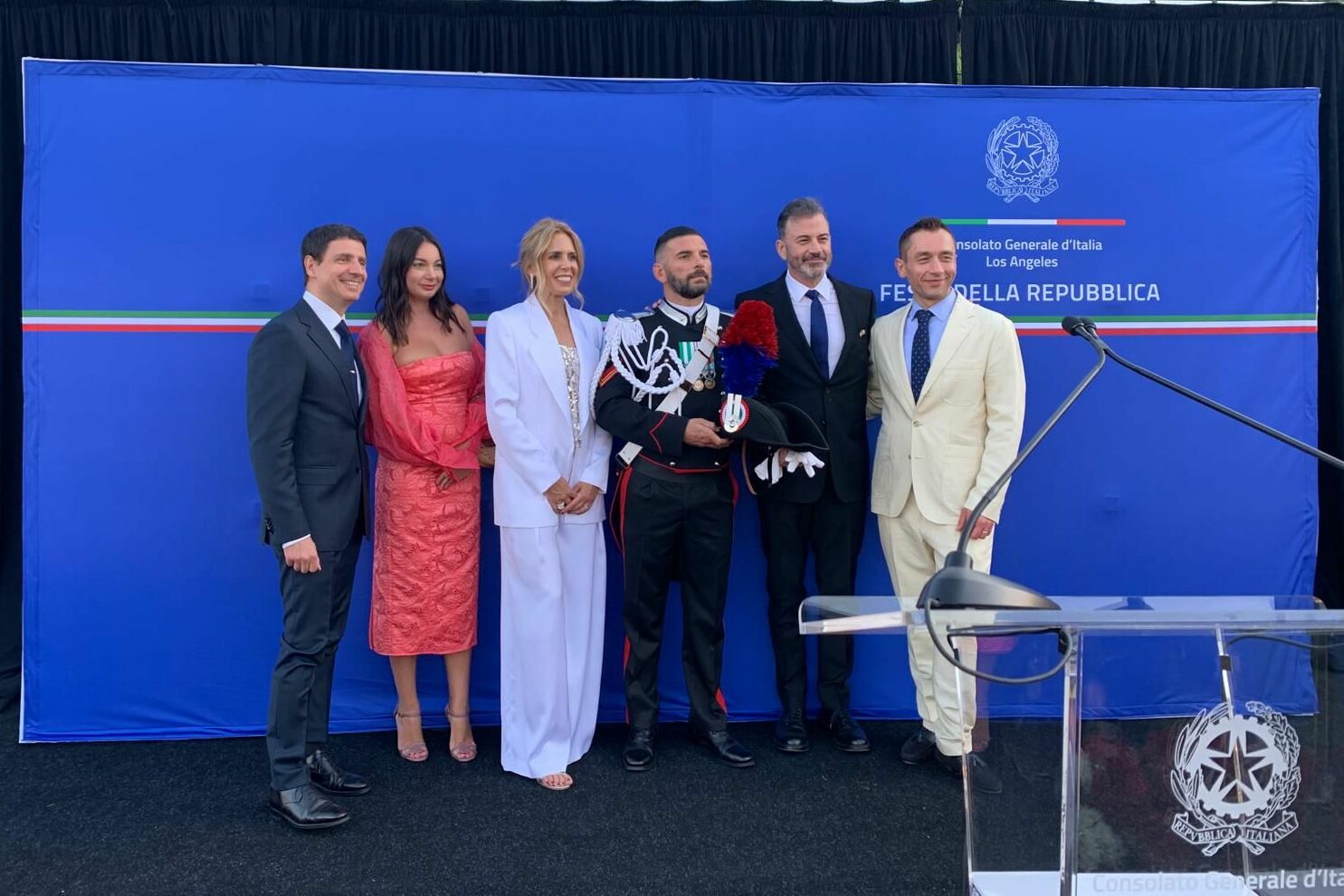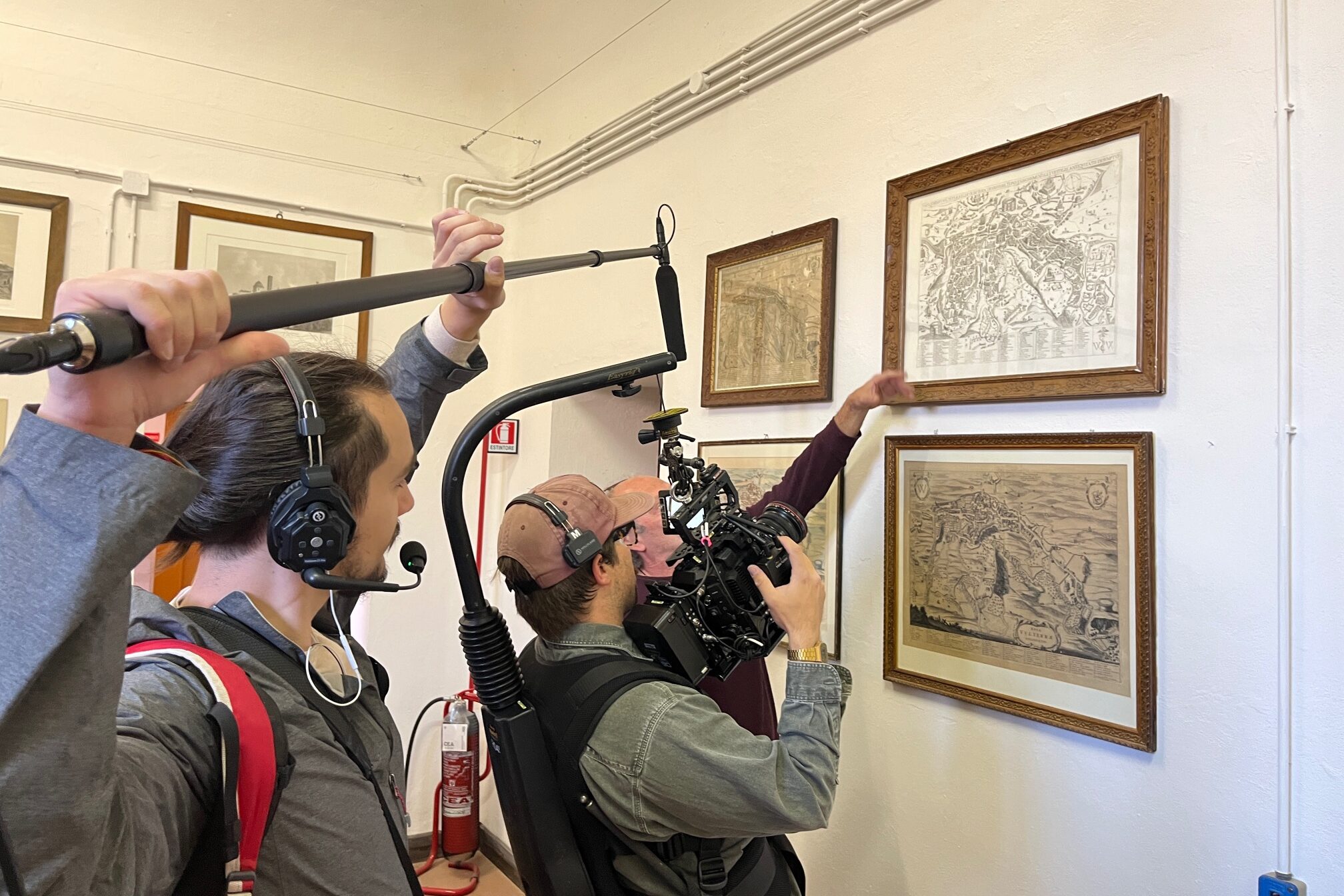Not many may know it, but musicians of Italian descent left an indelible mark in the history of Jazz.
Jazz, the rebellious lovechild of ragtime and blues, of spirituals and traditional American ballads, has also Italian blood running in its veins. Conceived in the sweet, balmy air of turn-of-the-century New Orleans, jazz inherited the rhythm and tempo of its black ancestry and the powerful, yet ethereal voice of Italian brass tunes. Not many know that, though.
A bit of background
It all started with a local southern Italian brass band: many of you who’ve been to small-town Italy during a feast, know we a have a thing for brass bands here. The South, in particular, is known for cultivating with special care this traditional form of musical expression. It should come as no surprise, then, to know many Italian musicians decided to bring their instrument along when poverty and neglect forced them out of the country, towards the wholesome, luxuriant shores of America.
… And between the end of the 19th and the beginning of the 20th century, Louisiana was the place to be: the US government had decided to offer free land to those who would commit to a life of farming in the New World. So, many Italian men and women, especially from the south of the country, embarked on this once-in-a-lifetime trip, bringing along their habits, memories, loves and, indeed, music.
Bonding, probably, also over their strenuous attachment to a distant homeland and a naturally innate sense of the musical, Italian immigrants and the New Orleans wide black community soon started jamming together: this is how the rich rhythms of ragtime and blues, typical of the African-Americans, and the use of brass instruments and percussions, associated with Italian traditional brass music, merged together creating the earliest jazz tunes.
The first Italian bringing to the wider public this reality was Renzo Arbore, known jazz and blues entertainer hailing from Naples, who is behind a documentary, “Ed è subito Jazz,” describing to the world how one of the very symbols of American musical tradition has also Italian roots.
A Sicilian shoemaker, his son and the first jazz record in the world
Girolamo La Rocca was a shoemaker in his native village in the Sicilian province of Trapani. As many people at the time, he played in the local brass band: his instrument the cornet. When times got hard and the opportunity to obtain free land in Louisiana turned into a reality, Girolamo packed his cornet into a suitcase and hailed to the shores of America.
His son, young James Dominick, used to play with his father’s cornet as a child. Before long, he knew how to play it. In those years, The US had witnessed the rise of another seminal Italian-American jazz musician and director, Giorgio Vitale (aka Jack Papa Laine), father of the “Reliance Brass Band” active between the end of the nineteenth and the beginning of the 20th century.
One wonders how much Papa Laine’s example influenced young Nick La Rocca and his music. Certain is the fact that his star shone as far as Chicago, where he and his “Original Dixieland Jass Band” (more on the curious name in a couple of lines) obtained a record contract. It was the 26th of February 1917 when they recorded what is today considered the first ever made jazz musical incision. You may well notice there is something strange with La Rocca’s band name: it says “jass” and not “jazz.” Well, jazz musician Lino Patruno, who often performed with Nick La Rocca’s own son knows what happened. He says La Rocca’s son would recall his father saying they had to change the band’s name after a group of kids in New York City ripped the “j” off the band’s posters, turning “jass” into…well, you know what. To avoid further issues (it was, in the end, the early 20th century and censorship was much stricter than today), the word was changed into “jazz” and so it remained.
Was Nick La Rocca’s “Original Dixieland Jazz Band” famous? Yes, if we have to believe the most iconic of all jazz musicians, Louis Armstrong who recalls how the band – “led by an Italian” he said – had been playing jazz for at least four years when he took up playing the trumpet in the Waif’s Home Orchestra in 1909.
La Rocca is only one among many Italian names associated with the history of jazz: Leon Poppolo is considered one of the best clarinet jazz players and Jimmy Durante was to find fortune as a jazz musician in Hollywood; Henry Mancini put his creativity at work and became one of the most acclaimed jazz composers in the USA. And let’s not forget about household names such as Frank Sinatra, Dean Martin (whose real name was, alias, Dino Crocetti) and Tony Bennet (homeboy Tony Benedetto), who were to mark the history of American music and whose jazz musical imprinting remained audible throughout their career.
